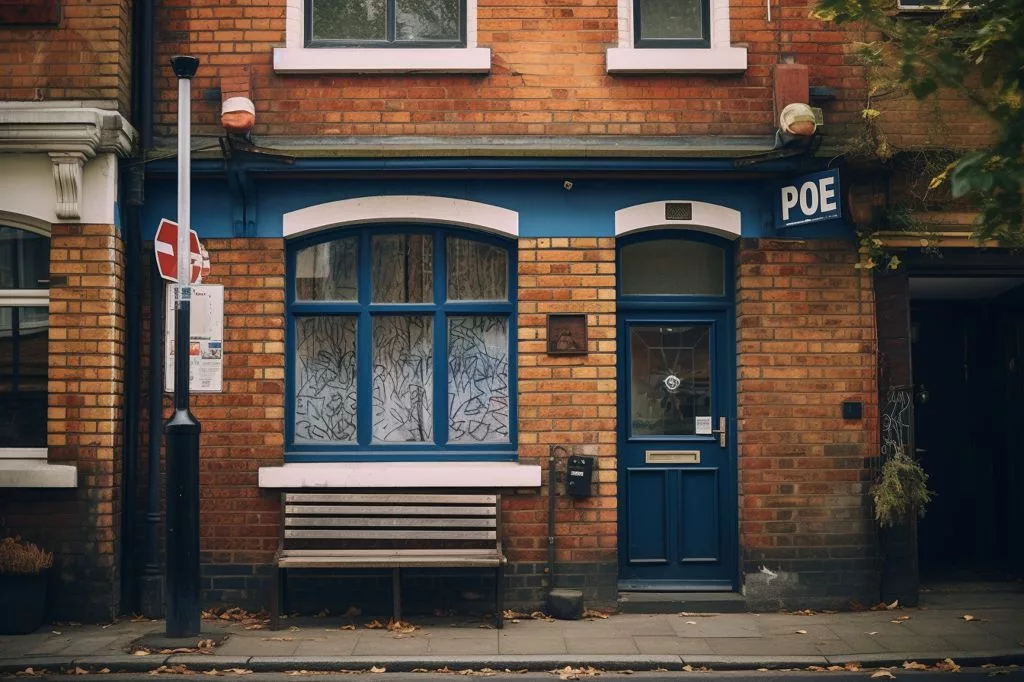The Western Cape is battling with a spike in murders, with Police Minister Bheki Cele revealing over 100 murders in a single week. The province’s Minister of Police Oversight and Community Safety, Reagen Allen, is calling for more effective police deployment, with resources concentrated in areas with high murder and crime rates. The Western Cape Government has introduced the Western Cape Safety Plan and the Law Enforcement Advancement Plan to tackle the problem, but urgent action is needed to combat the escalating levels of violence.
In Western Cape, the alarming disclosure by Police Minister Bheki Cele regarding over 100 murders in just one week has heightened concerns about public safety and the competence of police deployment. Reagen Allen, the province’s Minister of Police Oversight and Community Safety, contends that the distribution of South African Police Service (SAPS) personnel should be guided by data and evidence, concentrating on regions with the highest murder and overall crime rates.
Many SAPS stations that have recorded the highest number of homicides are also plagued by inadequate resources. For instance, in Gugulethu, the police-to-population ratio is 1:874; in Delft, 1:784; Harare, 1:773; Kraaifontein, 1:740; Mfuleni, 1:581; Ravensmead, 1:630; and Woodstock, 1:319. With a mere 105,935 officers in service, South Africa falls significantly short of the optimal staffing requirement of 193,476 officers. Furthermore, although the Western Cape has been allotted an establishment of 21,367 officers, only 19,505 were in service during the 2020/21 fiscal year.
Western Cape Government’s Efforts to Address the Issue
To tackle these problems, the Western Cape Government (WCG) introduced the Western Cape Safety Plan (WCSP). In collaboration with the City of Cape Town (CoCT), the department inaugurated the Law Enforcement Advancement Plan (LEAP) officers in 2020. These officers are tactically deployed based on evidence and data, focusing on the province’s top 10 murder areas, including Delft, Gugulethu, Harare, Khayelitsha, Kraaifontein, Mfuleni, Mitchells Plain, Nyanga, Philippi East, and Samora Machel. Additionally, they are stationed in other areas with high crime rates, such as Atlantis, Bishop Lavis, Hanover Park, Lavender Hill, Steenberg, and Grassy Park.
Despite the WCG’s endeavors to emphasize deficiencies and resource allocations through its submission of Policing-Needs-and-Priorities (PnP) to the National Minister of Police’s office, these submissions continue to be disregarded. A staggering 130 homicides took place in the Western Cape from September 24 to 30, 2023, marking the highest number for the year thus far. Gugulethu experienced the highest number, with 13 cases, including two mass murder incidents, followed by Delft and Harare, which had eight cases each.
Call for Urgency in Combatting Murders
In Delft, where 144 LEAP officers have been assigned, they constitute nearly 50% of the entire SAPS deployment. Gugulethu has 63, Kraaifontein has 72, and Mfuleni has 76 LEAP officers. These officers consistently prove their ability to make a difference, despite the persistent under-resourcing by SAPS. The fourth quarter crime statistics for the 2022/23 fiscal year revealed a 14.1% decrease in the murder rate, while the first quarter of the current fiscal year saw a 5.5% reduction rate.
Minister Reagen Allen is convinced that effectively combatting murders will necessitate a complete revamp of SAPS operations. He demands urgency from the national minister and reassures Western Cape inhabitants that the WCG will persist in applying pressure on SAPS to enhance their crime-fighting endeavors. Allen also advocates for the devolution of policing powers to capable provincial governments like the WCG, ensuring that SAPS delivers a professional and conscientious service.
Allen voices his disappointment at the callousness of certain individuals involved in these killings, recognizing the anguish inflicted upon the victims’ families. He calls for SAPS to promptly apprehend the culprits and encourages the use of intelligence to forestall further atrocities from occurring. In the ongoing struggle for safety and resource allocation in the Western Cape, it is crucial that all stakeholders collaborate to establish a more secure environment for its residents.
1. What is the current situation in the Western Cape regarding murders?
The Western Cape is battling with a spike in murders, with Police Minister Bheki Cele revealing over 100 murders in a single week.
2. What is the Western Cape Government doing to address the issue?
The Western Cape Government has introduced the Western Cape Safety Plan and the Law Enforcement Advancement Plan to tackle the problem. LEAP officers have been deployed based on evidence and data, focusing on areas with high murder and crime rates.
3. What areas are LEAP officers stationed in?
LEAP officers are stationed in the province’s top 10 murder areas, including Delft, Gugulethu, Harare, Khayelitsha, Kraaifontein, Mfuleni, Mitchells Plain, Nyanga, Philippi East, and Samora Machel. Additionally, they are stationed in other areas with high crime rates.
4. Are SAPS stations that have recorded the highest number of homicides also plagued by inadequate resources?
Yes, many SAPS stations have inadequate resources. For instance, in Gugulethu, the police-to-population ratio is 1:874; in Delft, 1:784; Harare, 1:773; Kraaifontein, 1:740; Mfuleni, 1:581; Ravensmead, 1:630; and Woodstock, 1:319.
5. How many officers are in service in South Africa?
South Africa falls significantly short of the optimal staffing requirement of 193,476 officers with a mere 105,935 officers in service.
6. How many officers were in service during the 2020/21 fiscal year in the Western Cape?
Although the Western Cape has been allotted an establishment of 21,367 officers, only 19,505 were in service during the 2020/21 fiscal year.
7. What is the reduction rate in murder rate?
The fourth quarter crime statistics for the 2022/23 fiscal year revealed a 14.1% decrease in the murder rate, while the first quarter of the current fiscal year saw a 5.5% reduction rate.
8. What is Minister Reagen Allen’s stance on the issue and what is he doing to address it?
Minister Reagen Allen is convinced that effectively combatting murders will necessitate a complete revamp of SAPS operations. He demands urgency from the national minister and reassures Western Cape inhabitants that the WCG will persist in applying pressure on SAPS to enhance their crime-fighting endeavors. Allen also advocates for the devolution of policing powers to capable provincial governments like the WCG, ensuring that SAPS delivers a professional and conscientious service.












